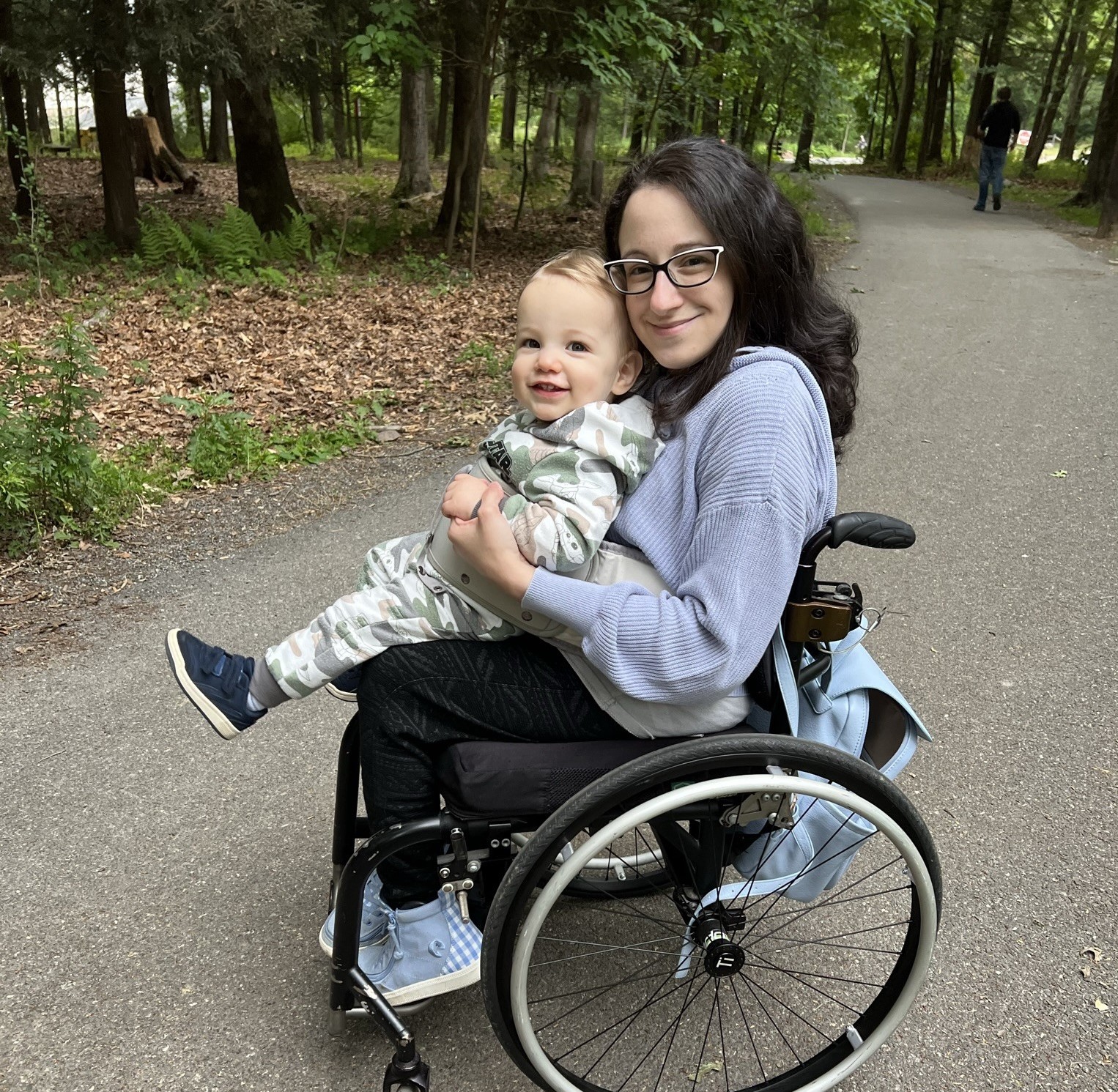News

Each woman who enters middle age will likely experience some or all the symptoms that come with menopause: Hot flashes. Night sweats. Sleep disturbances. Vaginal dryness. Painful sexual intercourse.
This “change of life” occurs when the ovaries reduce or stop producing the hormone estrogen.
But around 2 percent of women start menopause about a decade earlier than the normal 50’s, says Gynecologist Richard Baker, MD, of St. Luke’s.
The medical term for early menopause is Primary Ovarian Insufficiency (POI), and its causes can range from family genes to removal of ovaries to hormonal deficiency. In some cases, POI can be temporary.
And, in addition to the classic symptoms of menopause, a woman’s risk for heart attack doubles when she’s producing less or no estrogen. And her bones can become weaker.
“Estrogen is cardioprotective and it regulates bone health,” explains Dr. Baker. “After menopause, a woman has an equal chance of suffering a heart attack as a man, and her risk of osteoporosis can increase.”
Hormone replacement therapy, or taking synthetic estrogen to reduce the symptoms of menopause, was long thought to be the best way to treat the side effects. But science found in the 1980’s that taking estrogen pills can bring other, dangerous risks, says Cardiologist Dwithiya Thomas, MD.
“Starting menopause before age 45 means that a woman has a longer time to be at a higher risk for the development of heart blockages,” notes Dr. Thomas. “And hormone replacement therapy has been shown in studies to also increase the risk for breast cancer and the formation of blood clots.”
Conditions like smoking, being overweight, having diabetes and not getting enough exercise can further raise a woman’s likelihood of having narrowed arteries leading to a heart attack. Your doctor can help you successfully manage these behavioral risks.
If your periods are irregular for at least three months, see your obstetrician and get tested for early menopause, says Dr. Baker. If this condition is confirmed, a small dose of estrogen, in a patch or cream, can be prescribed temporarily to control the symptoms safely until they resolve or you are able to tolerate them.
If you have chest pain, lightheadedness, sweating, unexplained fatigue, shortness of breath or other signs that might point to plaque buildup in your arteries, ask your gynecologist or primary care doctor for a referral to a cardiologist like Dr. Thomas for an evaluation and treatment plan.
Menopause is a time of change in a woman’s life. But with your doctors’ help, the complications that come with that change can be minimal and mere inconveniences versus major health threats.
###



